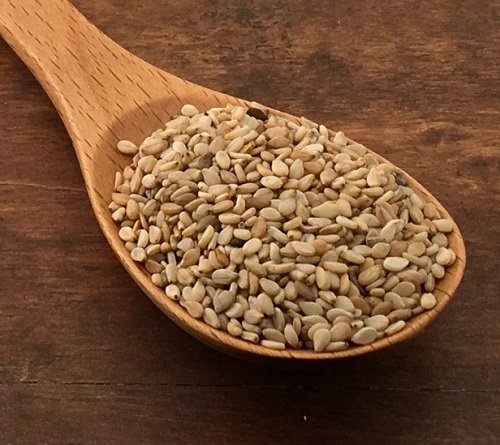
Til / Sesame
₹40.00
Sesame: Small but Mighty—A Seed of Health and Flavor
- Description
- Additional information
- Reviews (0)
- Store Policies
- Inquiries
Description
Magic of Sesame: Flavor, Nutrition, and Tradition in Every Seed
Sesame (Sesamum indicum) is one of the oldest cultivated oilseed crops in the world, known for its tiny, flat, oval-shaped seeds that come in various colors, including white, black, and brown. These seeds are renowned not only for their rich, nutty flavor but also for their impressive health benefits and versatility in culinary applications.
Sesame has a long and storied history, believed to have originated in Africa and India over 3,000 years ago. It was one of the first crops processed for oil, and its seeds have been a staple in ancient diets. Sesame oil was highly valued in ancient civilizations, including the Egyptians, who used it for medicinal purposes, and the Assyrians, who referred to it as a divine food. The phrase “Open Sesame” from the famous tale “Ali Baba and the Forty Thieves” symbolizes the crop’s treasured status in Middle Eastern culture. Over centuries, sesame spread across the globe, becoming a key ingredient in many traditional dishes and rituals in various cultures.
Chemistry
Sesame seeds boast a rich chemical composition that contributes to their nutritional value and health benefits:
Sesamin and Sesamolin: These are unique lignans found in sesame seeds that have powerful antioxidant and anti-inflammatory properties. They also contribute to the stability of sesame oil.
Sesamol: A natural antioxidant that helps prevent the oxidation of sesame oil, contributing to its long shelf life. It also has anti-cancer properties.
Fatty Acids: Sesame seeds are rich in healthy fats, particularly polyunsaturated and monounsaturated fats. These include oleic acid (omega-9) and linoleic acid (omega-6), which are beneficial for heart health.
Vitamins and Minerals: Sesame seeds are an excellent source of essential minerals such as calcium, magnesium, iron, zinc, and phosphorus, as well as B-vitamins, including thiamine and niacin.
Phytosterols: These compounds have cholesterol-lowering properties, promoting heart health.
Protein: Sesame seeds contain about 20% protein, making them a valuable source of plant-based protein.
Culinary Uses
Sesame Oil: Extracted from sesame seeds, this oil is widely used in cooking, especially in Asian and Middle Eastern cuisines. It has a high smoke point and a rich, nutty flavor, making it ideal for frying, sautéing, and salad dressings.
Tahini: A paste made from ground sesame seeds, tahini is a key ingredient in Middle Eastern dishes such as hummus, baba ghanoush, and sauces.
Seasoning: Whole sesame seeds are often used as a topping for breads, buns, and pastries, adding a crunchy texture and nutty flavor. They are also sprinkled over salads, stir-fries, and sushi.
Sesame Snacks: In various cultures, sesame seeds are used to make sweet treats such as sesame brittle, halva, and sesame seed bars (tilgul in India).
Garnishing: Toasted sesame seeds are commonly used as a garnish for soups, noodles, and rice dishes, enhancing both flavor and presentation.
Medicinal and Traditional Uses
Skin and Hair Care: Sesame oil is often used in traditional medicine and cosmetics for its moisturizing and healing properties. It is a common ingredient in massages, skin lotions, and hair treatments.
Traditional Medicine: In Ayurvedic and traditional Chinese medicine, sesame seeds are used to treat various ailments, including digestive issues, respiratory problems, and inflammation.
Health Benefits
Heart Health: The healthy fats, particularly oleic and linoleic acids, in sesame seeds help lower bad cholesterol levels (LDL) and increase good cholesterol levels (HDL), reducing the risk of heart disease.
Bone Health: Sesame seeds are rich in calcium, magnesium, and phosphorus, which are essential for maintaining strong bones and preventing conditions like osteoporosis.
Antioxidant Properties: The lignans, sesamin, and sesamol in sesame seeds have potent antioxidant effects, helping to protect the body from oxidative stress and reducing the risk of chronic diseases.
Anti-Inflammatory Effects: Sesame seeds have anti-inflammatory properties that can help reduce inflammation in the body, potentially benefiting conditions such as arthritis.
Digestive Health: The high fiber content in sesame seeds supports digestive health by promoting regular bowel movements and preventing constipation.
Blood Pressure Regulation: Sesame seeds are a good source of magnesium, which is known to help regulate blood pressure levels.
Immune Support: The zinc and selenium in sesame seeds contribute to a healthy immune system, supporting the body’s defense against infections.
Hormonal Balance: Lignans in sesame seeds can support hormonal balance, particularly in postmenopausal women, by acting as phytoestrogens.
Conclusion
Sesame seeds are a versatile and nutrient-rich food that has been cherished for thousands of years. From enhancing the flavor of dishes to providing numerous health benefits, sesame seeds play a significant role in both culinary and medicinal traditions around the world. Whether used in cooking, skincare, or traditional remedies, sesame seeds continue to be a valuable addition to a healthy diet and lifestyle.
Additional information
| Form | Whole |
|---|---|
| Quantity | 100 gm, 250 gm, 500 gm, 1 kg |
Be the first to review “Til / Sesame” Cancel reply
General Inquiries
There are no inquiries yet.

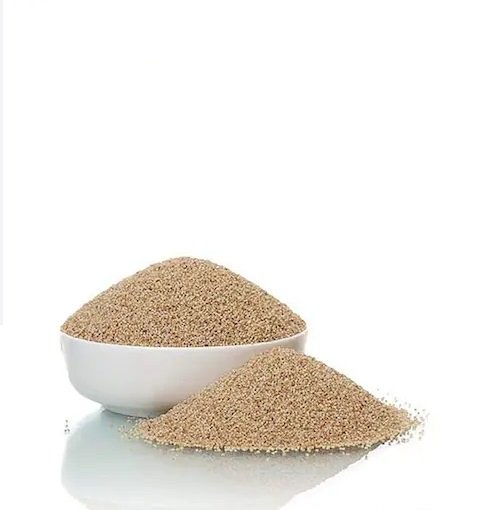

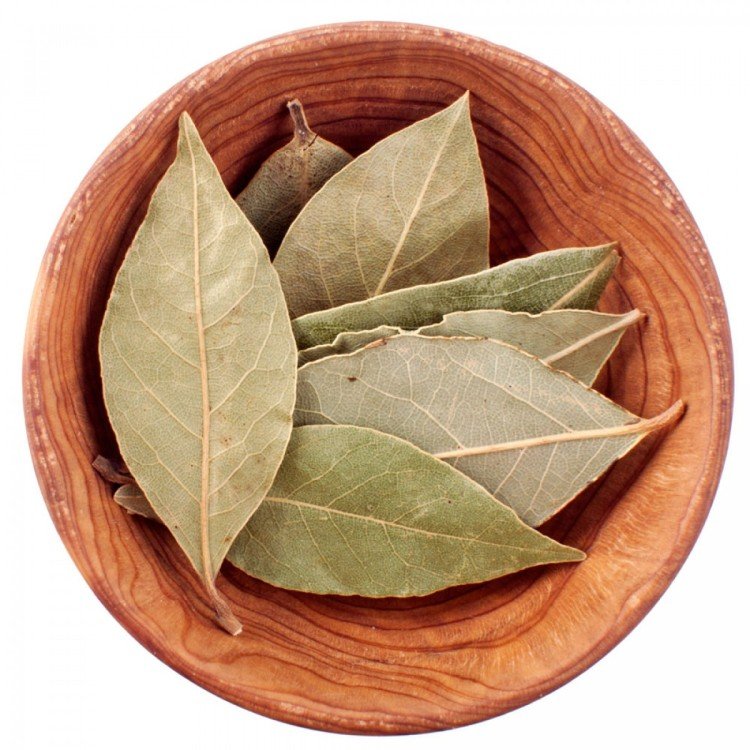
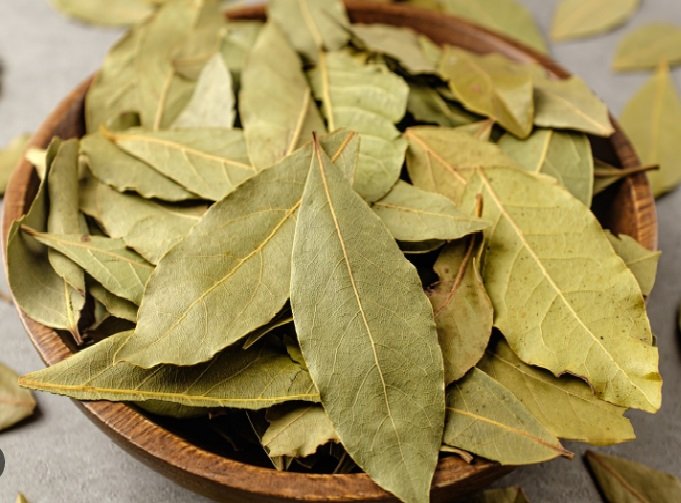


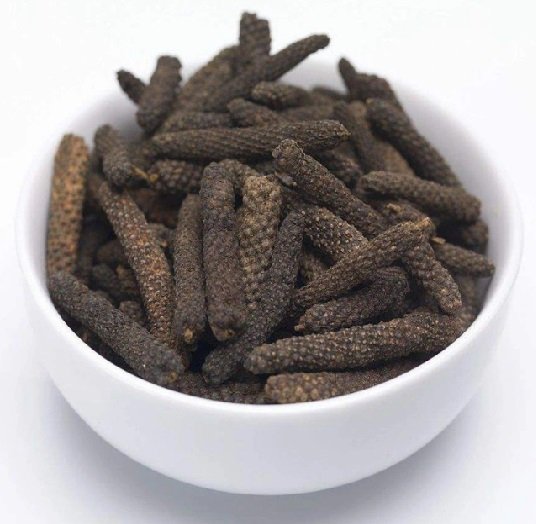
Reviews
There are no reviews yet.